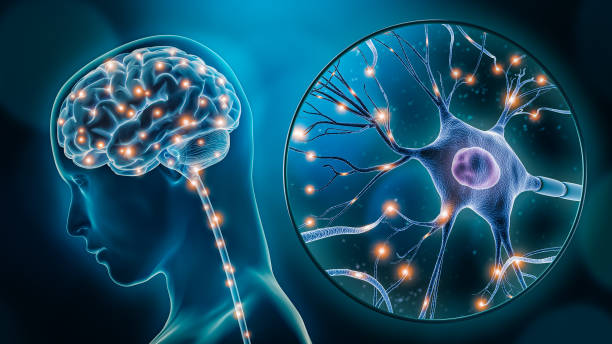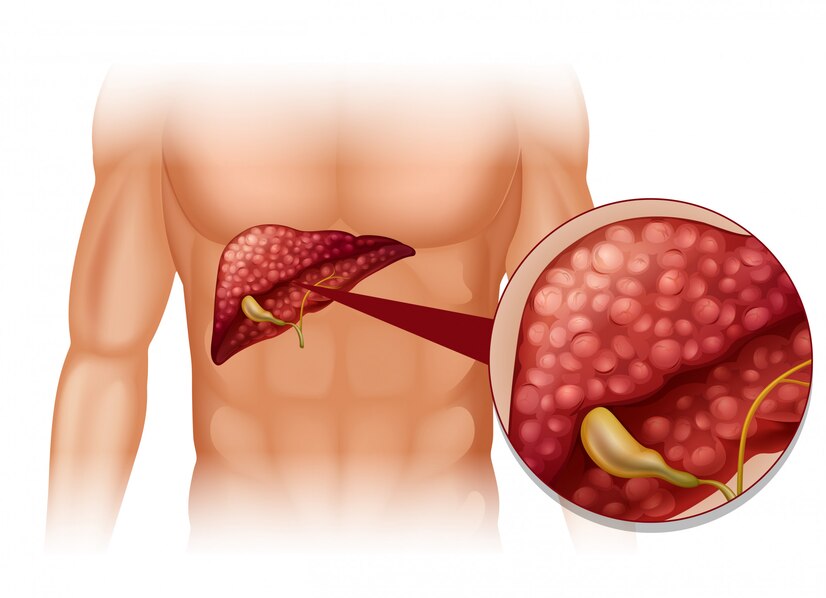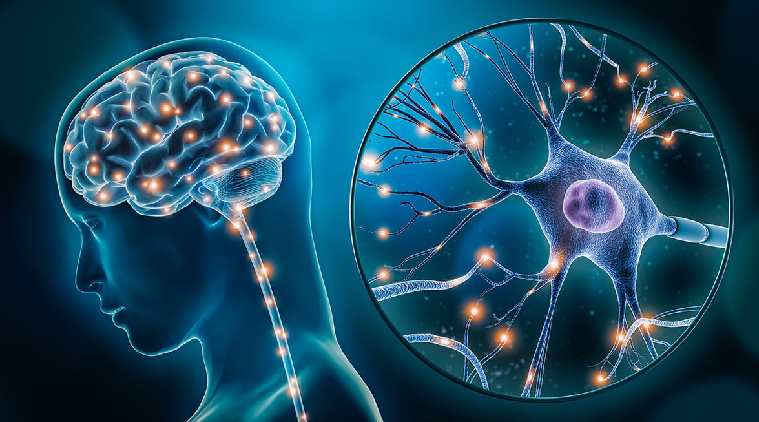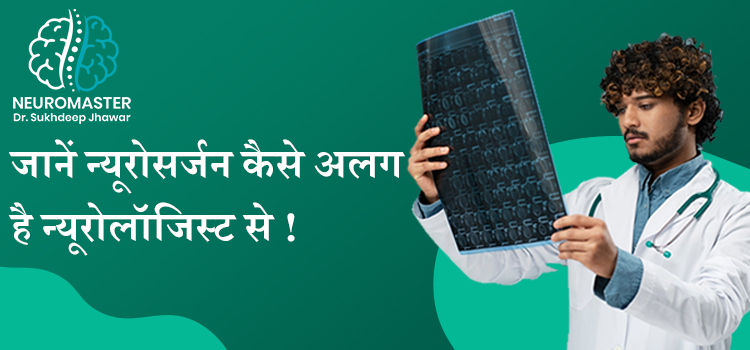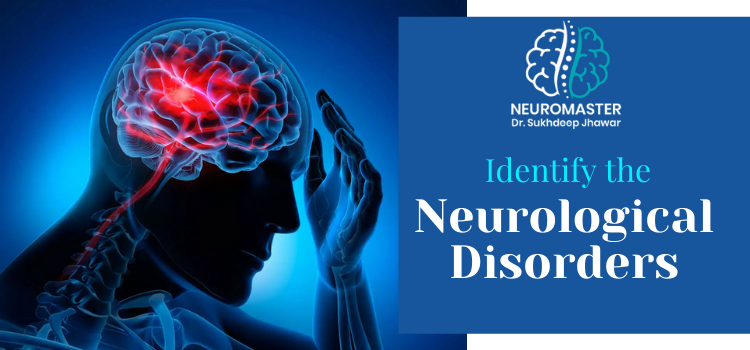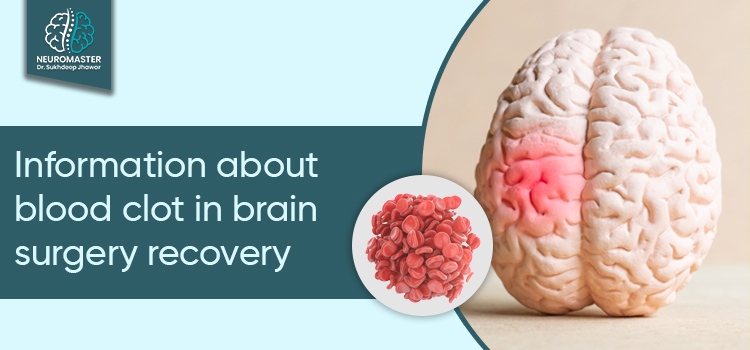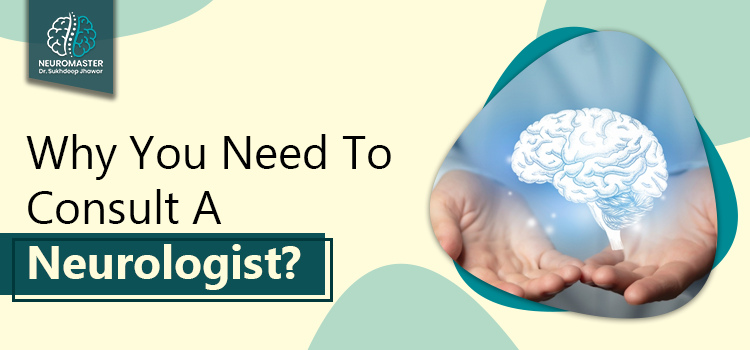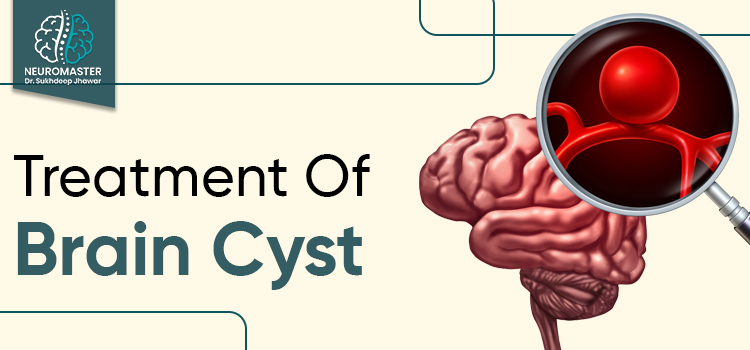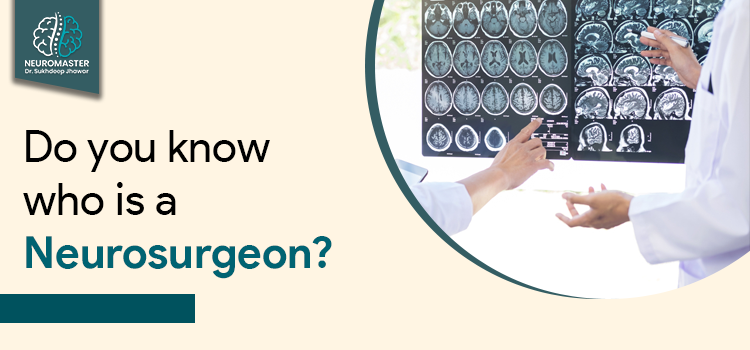A body’s chemical messengers are called neurotransmitters. From one nerve cell to the next, they transmit messages to the muscles, glands, and other nerves. These signals facilitate movement of your limbs, senses, heart rate, and the body’s ability to process and react to all the information it receives from other internal organs and external settings.
What is the definition of the Neurotransmitter?
Your body needs a neurotransmitter to operate as a chemical messenger. They transport chemical messages from one target cell to the subsequent neuron. A gland muscle or other nerve cell may be the next target cell. An extensive network of nerves throughout your body transmits and receives electrical messages between nerve cells and target cells. Everything in your body, including your muscles and organs, is managed by your neurological system. The best neurologist in Punjab offers you appropriate treatment.
What are the different types of neurotransmitters?
These neurotransmitters are essential for several bodily, physiological, and mental processes. The following are a few varieties of neurotransmitters:
- Acetylcholine: Acetylcholine has a role in the autonomic nervous system and the transmission of nerve impulses at neuromuscular junctions. It affects arousal, learning, memory, and muscular contraction.
- Dopamine: Dopamine is linked to pleasure, reward, motor control, and motivation. It is essential for controlling movement, emotion, and attention.
- Serotonin: Serotonin regulates emotions, appetite, mood, and sleep. Additionally, it is critical for cognitive processes like learning and remembering.
- Norepinephrine: Norepinephrine controls mood, arousal, attention, focus, and the body’s fight-or-flight response. It also helps regulate heart rate and blood pressure.
- Gamma-aminobutyric acid: Gamma-aminobutyric acid is the primary inhibitory Neurotransmitter in the central nervous system.
- Glutamate: Glutamate is the primary excitatory Neurotransmitter in the central nervous system. It is involved in memory, learning, synaptic plasticity, and other cognitive processes.
- Endorphins: Endorphins are a class of neurotransmitters that naturally reduce pain and elevate mood. They elevate emotions of pleasure and well-being while lessening the experience of pain.
- Histamine: Histamine plays a crucial role in controlling several physiological functions, such as appetite, sleep-wake cycles, allergic reactions, and inflammation.
- Adenosine: Adenosine is crucial in controlling wakefulness and sleep; it contributes to sleep promotion and has inhibitory neurotransmitter properties.
- Oxytocin: Due to its role in social bonding, trust, empathy, and maternal behavior, oxytocin is frequently called the love hormone. It controls several reproductive processes.
Function of Neurotransmitter
Their roles can change depending on the particular Neurotransmitter and the receptors it binds to. An outline of the general roles played by neurotransmitters is provided below:
- Signal transmission: Transmitting impulses across synapses and the connectors between neurons and other cells is the primary job of neurotransmitters.
- Excitation and Inhibition: Neurotransmitters can affect postsynaptic neurons in an excitatory or inhibitory manner. The postsynaptic neuron’s likelihood of generating an action potential is increased by excitatory neurotransmitters and decreased by inhibitory neurotransmitters.
- Motor control: Neurotransmitters, including acetylcholine, dopamine, and gamma-aminobutyric acid, regulate motor control and movement.
- Memory and cognition: Neurotransmitters are involved in learning, memory, attention, and decision-making, among other cognitive processes.
- Autonomic functions: Neurotransmitters control heart rate, blood pressure, digestion, and breathing, among other autonomic processes.
- Pain perception: Endorphins and other neurotransmitters modulate the perception and reaction to pain. By attaching to opioid receptors in the brain and spinal cord, Endorphins function as natural analgesics by lessening the experience of pain.
- Control of Sleep and alertness: Neurotransmitters that promote either alertness or sleep, including serotonin, dopamine, norepinephrine, and adenosine, control sleep-wake cycles.
Nowadays, people related to neurons are very common for different reasons. Some issues are only treated by surgery, and the surgery is performed by the best Neurosurgeon in Ludhiana at Jhawar Hospital.
